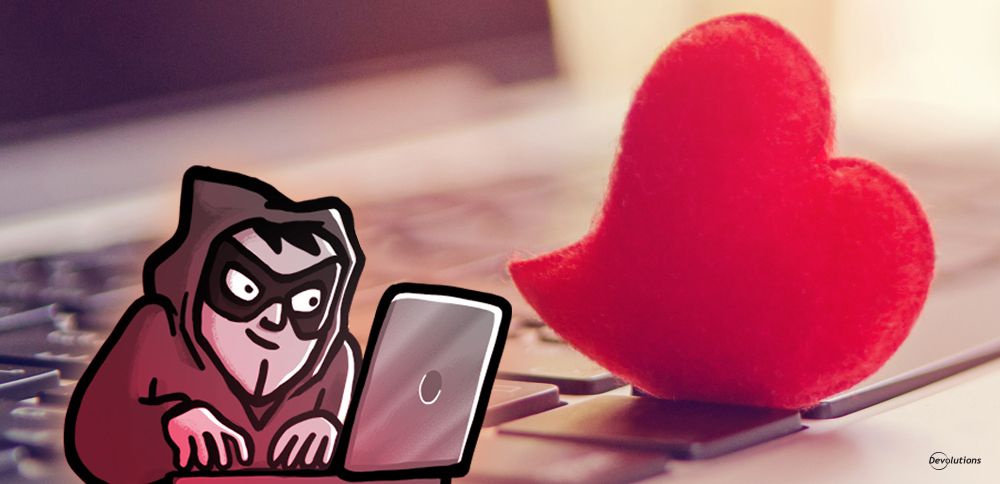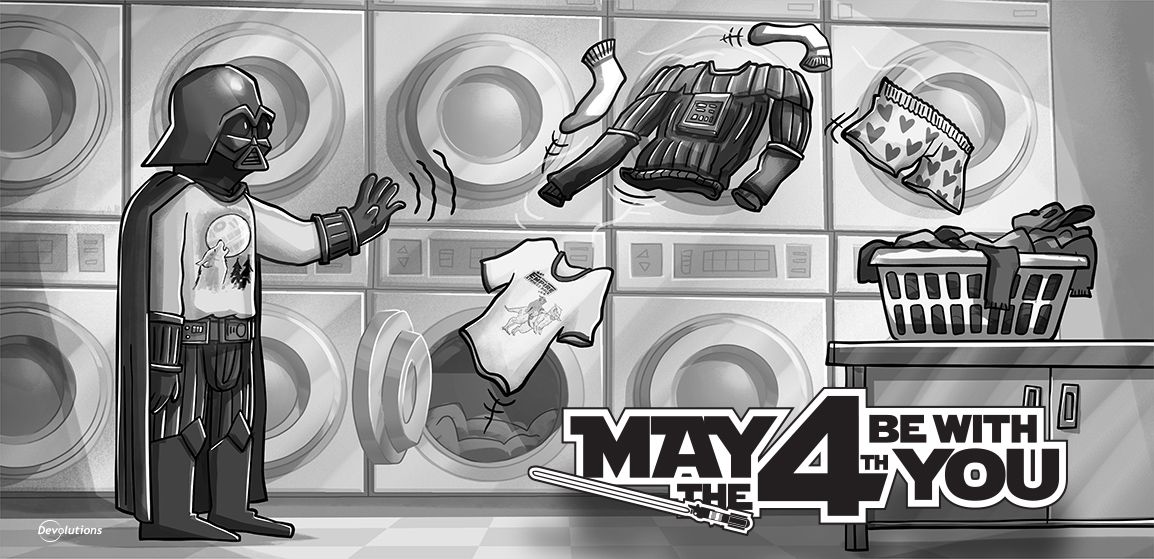Conventionally, Valentine’s Day is associated with letting the special people in our lives know how much we care for them.
However, Valentine’s Day isn’t all about love, flowers, and those “I’ll just eat one more…” heart-shaped boxes of chocolate. It’s also an occasion when hackers dial up their efforts. While there are many Valentine’s Day-themed threats and campaigns, three in particular typically show up each year:
Valentine’s Day E-cards
It’s always nice to get a Valentine’s Day e-card (even a snarky one!). Well, it’s usually nice — not so much when that special someone on the other end is a hacker.
How to stay safe:
- Verify the sender of the e-card. If you don’t recognize the sender, then assume it’s fraudulent.
- Verify the recipient of the e-card. If it’s being sent to “customer” or “friend” then you know it’s fake.
- Even if you do recognize the sender, contact them directly and ask them if they sent you an e-card. Make sure that you do this in a new and separate email.
- Look for a confirmation code that allows you to access the e-card by going to a website (e.g., Hallmark). If you find a confirmation code, then don’t click on any links in the email to go to the website. Type it into your browser.
Downloadable Love Songs
On Valentine’s Day, many people will be sending links to love songs: everything from all-time classics to something for the Swifties. Unfortunately, hackers will be out in full force trying to take advantage of a momentary lapse in attention so they can deploy malware and ransomware.
How to stay safe:
- Hover your mouse over a link to see where it will lead before you click it.
- Contact the sender to confirm that they sent the song.
- Or even better: don’t click on any links, regardless of how safe and normal they appear.
“Amazing” Online Shopping Deals
On Valentine’s Day (as well as other occasions during the year when buying gifts is common), hackers are notorious for sending emails and texts that appear to be from known and trusted sellers like Amazon and Apple, and which seem to offer “amazing” deals. Unfortunately, if an offer seems too good to be true, it almost certainly is. And in other cases, a victim’s credit card information and other personal data is stolen and exploited.
How to stay safe:
- Don’t assume that you can easily spot a fake email, text, or online store because they are sloppy and full of errors. Hackers have become incredibly good at making convincing imitations.
- Be aware that a deal that seems too good to be true almost certainly is.
- Go straight to the (alleged) seller’s website by typing their address into your browser. Don’t click any links in the email or text, even if they look normal and safe.
Inform Your End Users
If you’re an IT pro, then there’s an extremely good chance that you are already following these tips — which is great. Keep up the good work!
But what about your fellow non-technical end users? They may not be as informed and diligent as you. Share this article with your end users and everyone else in your professional and personal network who would benefit from some guidance, or maybe just a timely reminder.
This way, the only Valentine’s Day-related regret will be eating too much chocolate (there are TWO ROWS — what do they expect!?), and not dealing with a costly, stressful data breach.




